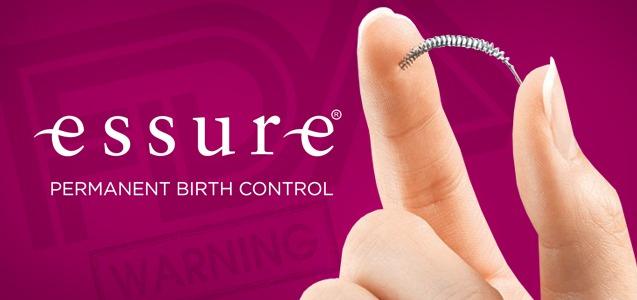
Study Shows Essure Users Are 10x More Likely to Require Post-Procedure Surgery
The Essure permanent birth control device was marketed by Bayer AG as a safe, straightforward alternative to dangerous laparoscopic sterilization surgery. A 2015 study conducted by researchers at Cornell University, however, found that women who received an Essure implant were 10 times more likely to require surgery after their procedure than their counterparts who originally underwent a surgical sterilization.
In addition, the study found that the Essure device offers no statistical advantage over laparoscopic sterilization in preventing pregnancy. The device can also migrate or become displaced inside the body, puncturing organs or the amniotic sac. Often, the only way to fix the dangerous effects of the device is through a total hysterectomy. In other words, while manufacturers were touting the Essure device’s effectiveness and simplicity, many women were undergoing dangerous revision surgeries to undo the medical damage done by this device.
The Cornell study led the FDA to revise safety measures for the Essure device. Labels for the device will now carry a “black box warning” designed to inform the public of serious, or even life-threatening, risks associated with a device.
Because of these misleading marketing practices, The Yost Legal Group is investigating claims involving Essure implants. If you or a loved one have suffered injuries because of an Essure implant, call the experienced legal professionals at the Yost Legal Group for a free consultation at 1-800-YOST-LAW (967-8529).